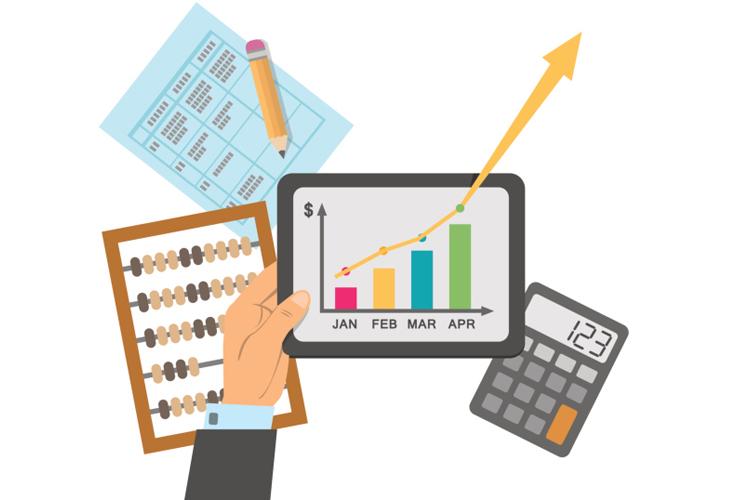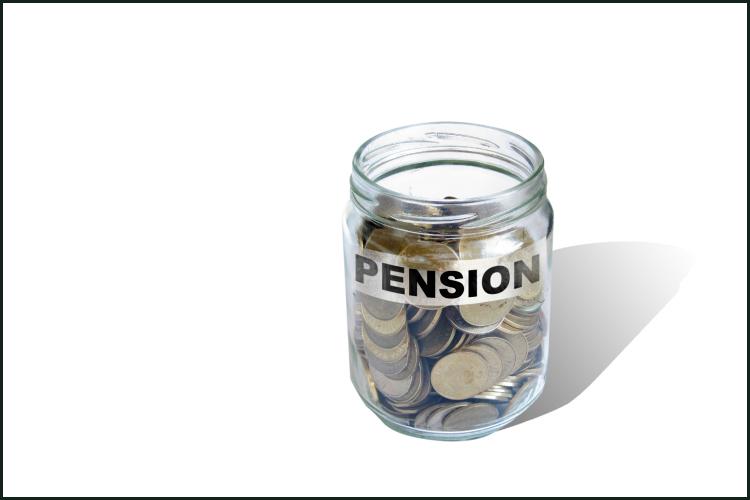The State Pension
Contributions are payable on earnings (either as an employee or whilst self employed) and credits are given to those who receive Child Benefit, Jobseekers Allowance and certain Carer's Allowances or payments for anyone who cannot work due to illness or disability.
Since April 2016, the state pension works to pay a full amount to anyone who has a record of at least 35 years of Nl contributions or credits.
Why should I have a pension plan?
Pension pluses
Workplace pensions give the clearest benefits because:
What should you look for in a good pension scheme?
An occupational scheme usually offers the best deal and all public sector and most large private sector organisations provide one. Employers who don’t will have to do so by 2018 and should now have plans in place. Self-employed people will need to get a personal pension.
Should I transfer my pension?
There are three main reasons why people consider a transfer of their pension funds to another scheme:
Leaving a pension scheme
Opting out
Recent changes to the law require all employers to provide a pension scheme which both the employer and the employee pay into. The law is being phased in gradually so it not will affect everyone yet but all workplaces will be covered by 2017.
Under this legislation, employers are legally required to automatically enrol eligible staff into the scheme. The employer must let the employee know they have been enrolled and that they have the right to leave the scheme. This is known as opting out.
Defined contribution pension plans
What factors influence the final level of pension?
Four main factors:
How much is in the fund. This will depend on the individual’s payments, payments by the employer and the length of time in the scheme. Payments into the scheme attract tax relief.
How the investments have performed. This depends on the level of risk of the investments and the performance of the economy.
Defined benefit vs defined contribution pension plans
Firstly in terms of guarantees - defined benefit schemes offer a promise of an income in retirement with a sponsoring employer standing behind that promise. Defined contribution schemes offer no such promise - what you get in retirement will be determined by the value of your pot when you retire. That pot will provide you with an income but there is no guarantee of what that will be.
Defined benefit pensions
What factors influence the level of pension?
Both the employee and employer pay into the scheme. The employee’s contribution is tax deductable and is usually a fixed percentage of their salary. The level of pension is determined by three factors:
Auto enrolment to a pension
Employers are required to set up workplace pension schemes where both the employer and employee contribute to the scheme.
To be eligible you have to work in the UK, be over 22 and under the state pension age and pass the minimum earning threshold. If you are not an eligible worker, you can still be part of a pension scheme but, depending of your circumstances, the employer may not have to pay a contribution.











